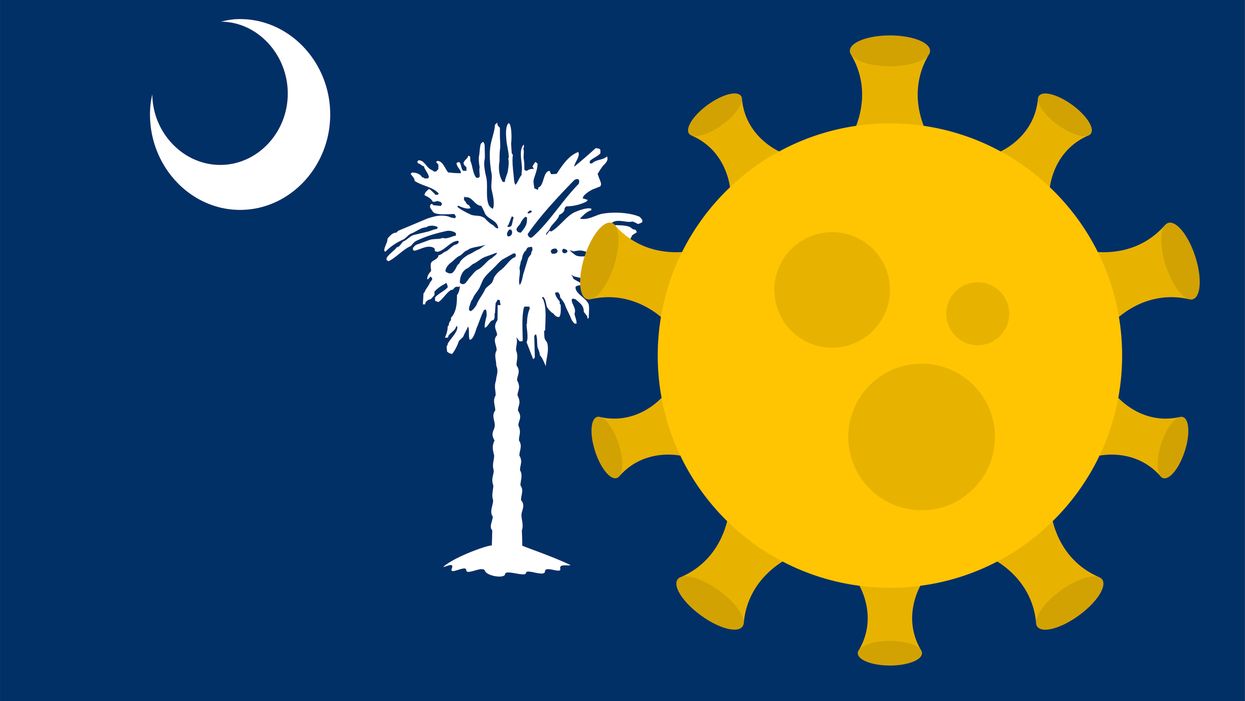South Carolina is relaxing its strict limits on absentee voting, allowing fear of exposure to the coronavirus as an acceptable reason for voting from home — at least for the primary.
When Gov. Henry McMaster signs the legislation, pushed through the General Assembly by his fellow Republicans on Tuesday, just five states will be holding fast to their normally restrictive excuse requirements despite the pandemic.
Lawsuits and lobbying campaigns are pressing to get the laws relaxed in time for primaries in all of them: Texas, Mississippi, Missouri, Tennessee and Connecticut. And South Carolina legislators acted just hours after such a suit was argued before the state Supreme Court.
Another 10 states that normally require voters to list a reason for avoiding the voting booth have either waived the rules or decided the risk of Covid-19 fulfills the absentee voting exemption for people who are ill.
South Carolina's switch may have minimal effect, because it will expire before November and therefore will only cover what looks to be a relatively low-turnout, minimally competitive set of congressional and legislative nominating contests June 9.
Sponsors of the bill also said that, since the state does not require voters to back up their use of one of the 15 absentee balloting excuses with supporting documents like doctors' notes or travel receipts, they assume many voters have already checked the illness box on the application form.
They said they were mainly worried by a state Election Commission report that hundreds of poll workers — who are primarily elderly and therefore most at risk of viral infection — were no longer willing to work, causing the potential for long lines of not-very-socially-distanced voters on primary day.
Four weeks before the primary, the day the bill cleared, almost 92,000 absentee ballots had been requested — 50 percent more than the number two years ago. That year, just 4 percent of all votes were mailed in, while nationwide the number was 24 percent.




















Trump & Hegseth gave Mark Kelly a huge 2028 gift